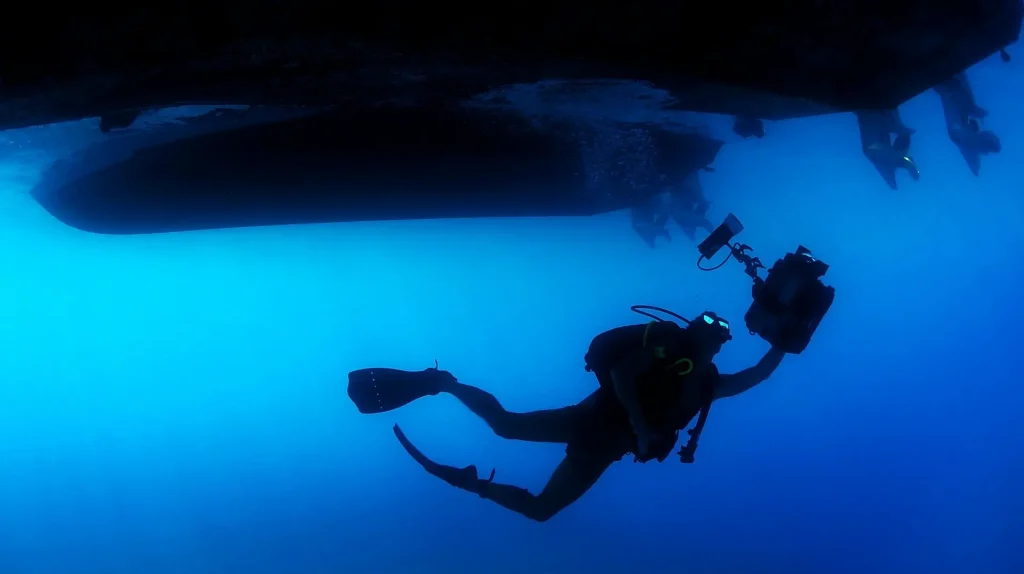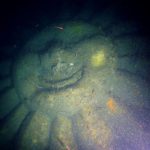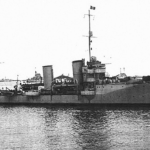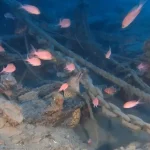As Morski writes, this ancient wooden ship was built using the technique of “joining grooves and tabs”, and in the process of its creation, the formwork was first constructed, and then the skeleton of the ship was placed onto it, all of it connected by wooden wedges.
It is merchant ship that sailed along an important maritime route, right next to the island of Ilovik in Croatia. The ship is between 20 and 25 metres long, and given that it sank into its watery grave at a depth of a mere two and a half metres, it is a real miracle that it remained so well hidden for centuries.
The ship was discovered quite by accident by Slovenian archaeologist Milan Eric while anchoring in this particular Ilovik bay. After that, the research started, which has been being conducted since 2018 by the Department of Underwater Archeology of the Croatian Restoration Institute, in cooperation with French colleagues from the University of Marseille (Aix-Marseille University, the French National Centre for Scientific Research (CNRS), and the Camille Jullian Centre), and the Losinj Museum. This is all being done with the logistical support of the Diving Centre of the Special Police of the Ministry of the Interior of the Republic of Croatia (MUP) and the Subseason Diving Centre.
The research procedure in the waters surrounding Ilovik was carried out by the most modern methods of documentation, using photogrammetric techniques. The movable archeological material found on the ancient sunken ship confirms the dating of the ship’s wood, which undoubtedly belongs to the older horizon of ships sailing the Adriatic, and testifies to the importance of the Losinj archipelago in the context of ancient waterways.
The site of this ship near Ilovik is extremely significant because of the shipbuilding tradition to which we attribute it, its dating, the ship’s cargo and the very shallow working conditions that both facilitate and complicate research and pose a challenge to preserve the site. Since it is a site on loose sand, the archeological excavation itself was difficult due to the constant backfilling of the site, so a dam was built in parallel with the excavation,” they said from the Losinj Museum.
Upon completion of the research and the preparation of documentation, the remains of the ”Ilovik ship” were covered with sand, geotextiles, then again with sand and with iron nets, which are connected by concrete blocks. The movable archeological finds discovered there were brought back up to the surface, added to the list of finds, and were stored in the premises of the Croatian Air Force in Split during the desalination process.
Upon the completion of the conservation and restoration works, the findings from the Ilovik wreck will be stored in the Losinj Museum.
For more, check out our lifestyle section.












